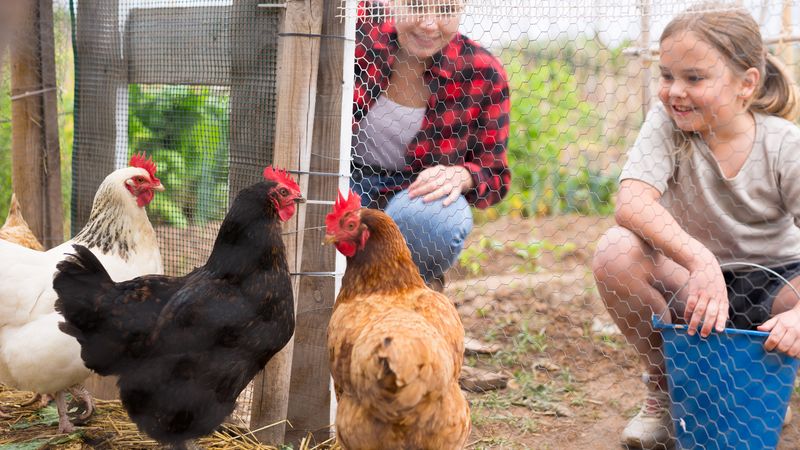The flu-type virus that primarily affects birds spreads more easily in winter.
The risk to the general public’s health from the virus remains very low but even if you keep just a handful of chickens ducks or geese in your back garden, by law most bird keepers must now:
- register your birds so the Animal and Plant Health Agency (APHA) can contact you during a bird flu outbreak. There’s everything you need to know about registering on the GOV.UK website
- immediately report signs of the disease in poultry or other kept birds to the Defra Rural Services Helpline on 03000 200 301
Keepers should also ensure premises, equipment, clothing and footwear are clean and regularly disinfected. See GOV.UK for more advice about how to prevent bird flu and stop it spreading.
Residents can also help APHA monitor the spread of bird flu by reporting dead wild birds. Use the online reporting system or call the Defra helpline 03459 33 55 77.
Head of Kent Trading Standards Steve Rock said: “High-level biosecurity is a key defence against bird flu and Kent bird keepers should continue following Defra rules. This include registering birds so you can be easily contacted.”

“Stick to paths, keep dogs on leads, and report, but don’t touch, dead birds”
KCC Director of Public Health, Dr Anjan Ghosh, said: “The UK Health Security Agency has confirmed bird flu poses a very low risk to the general public’s health. The Food Standards Agency has also said bird flu does not present a food safety risk for UK consumers.
“But when you are out and about enjoying Kent’s great green spaces, help reduce the spread of the disease by limiting your interaction with wild birds who can naturally carry it. Stick to paths, keep dogs on leads, and report, but don’t touch, dead birds.”
- For the latest bird flu situation, and further information for both keepers and general public, visit: www.gov.uk/government/news/bird-flu-avian-influenza-latest-situation-in-england.
- If you have concerns about bird keepers not following the current regulations, contact Kent Trading Standards via Citizens Advice Customer Services on 0808 223 1133.




